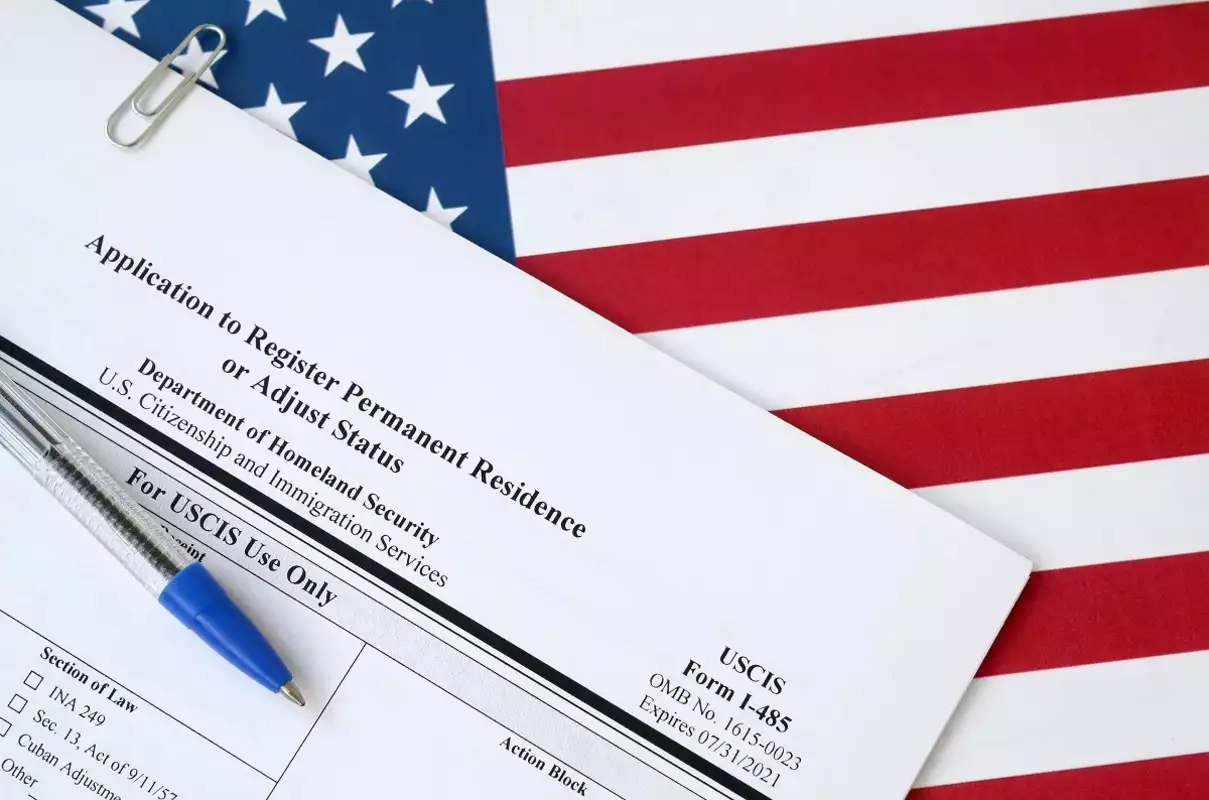Discover the benefits of U.S. residency: find out what you can get

Background information on obtaining residency in the United States
U.S. immigration law provides for two main categories of residency: permanent residence (green cards) and temporary residence (nonimmigrant visas). Permanent residence requires applicants to meet certain criteria and undergo several processing steps before being granted status. Nonimmigrant visas, on the other hand, are usually issued on a temporary basis and can be revoked at any time if certain conditions are not met.
Types of residency
Permanent residence (green card):
The process of obtaining a green card begins with an application to U.S. Citizenship and Immigration Services (uscis). Once approved, applicants receive their permanent resident card (green card), which allows them to live and work in the United States indefinitely as long as they maintain legal status.
29 September
29 January
9 October 2024
9 October 2024
Temporary residents (non-immigrant visas):
Temporary residents are those who enter the country on a temporary basis, such as visitors or students with nonimmigrant visas, such as the f-1/f-2 student visa or the h-1b/h-2b work visa. These individuals generally have limited rights compared to green card holders, but may be able to apply for permanent residency after meeting certain criteria established by uscis, depending on the type of visa they hold.
Qualifications for permanent residence (green card)
To qualify for permanent residence in the United States, an individual must meet certain requirements established by uscis, including having family ties to or sponsorship by an employer or relative who is already legally residing here; has won a green card in the lottery; or is from one of several countries designated by Congress that have experienced political upheaval. or oppression in recent years that has made it difficult for its citizens to remain safely there. In addition, applicants need basic English language skills, financial resources sufficient to not only support themselves but also not to become dependent on government assistance programs such as Social Security, etc.; pass a background check; provide proof that they have no criminal record either here or abroad; demonstrate good moral character; and so on. Steps in the green card process Once all of these requirements have been met, applicants can then proceed to fill out form i-485, which initiates the adjustment of status process in uscis, where they receive conditional approval based on further background checks. Upon successful completion, full approval will be granted, which will soon be followed by the issuance of actual physical green cards, allowing them the full rights of U.S. citizens, with the exception of voting rights, pending successful completion of the process
Conclusion
Obtaining US residency is not only beneficial but also necessary if you want to stay and work legally without fear of reprisals from the authorities for various reasons such as political turmoil in your home country, family ties, job prospects and so on. However, this process may take some time, so patience is key in realizing this dream. In the end, it will all pay off when you get your shiny new green cards, giving you all the privileges of U.S. citizenship, minus the right to vote before naturalization.
Comment
Popular Posts
29 September
350
9 October 2024
1485
9 October 2024
9935
Popular Offers

Subscribe to the newsletter from Hatamatata.com!
Subscribe to the newsletter from Hatamatata.com!
I agree to the processing of personal data and confidentiality rules of Hatamatata





